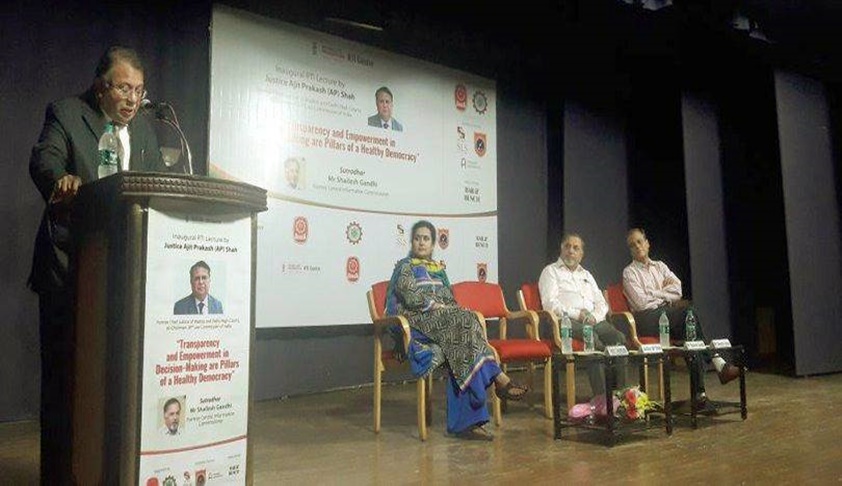Hallmark Of A Democracy Is That Citizens Have The Right To Question The Government On Its Actions: Justice AP Shah
Mehal Jain
4 March 2018 8:04 PM IST

Next Story
4 March 2018 8:04 PM IST
"In fact, the hallmark of a democracy is that citizens have the right to question the government on its actions. This is possible only if proper information about government decisions and policies is provided to people. The trend of making claims and taking policy decisions without adequate information is very dangerous. We have seen that several recent claims of the government have not...
